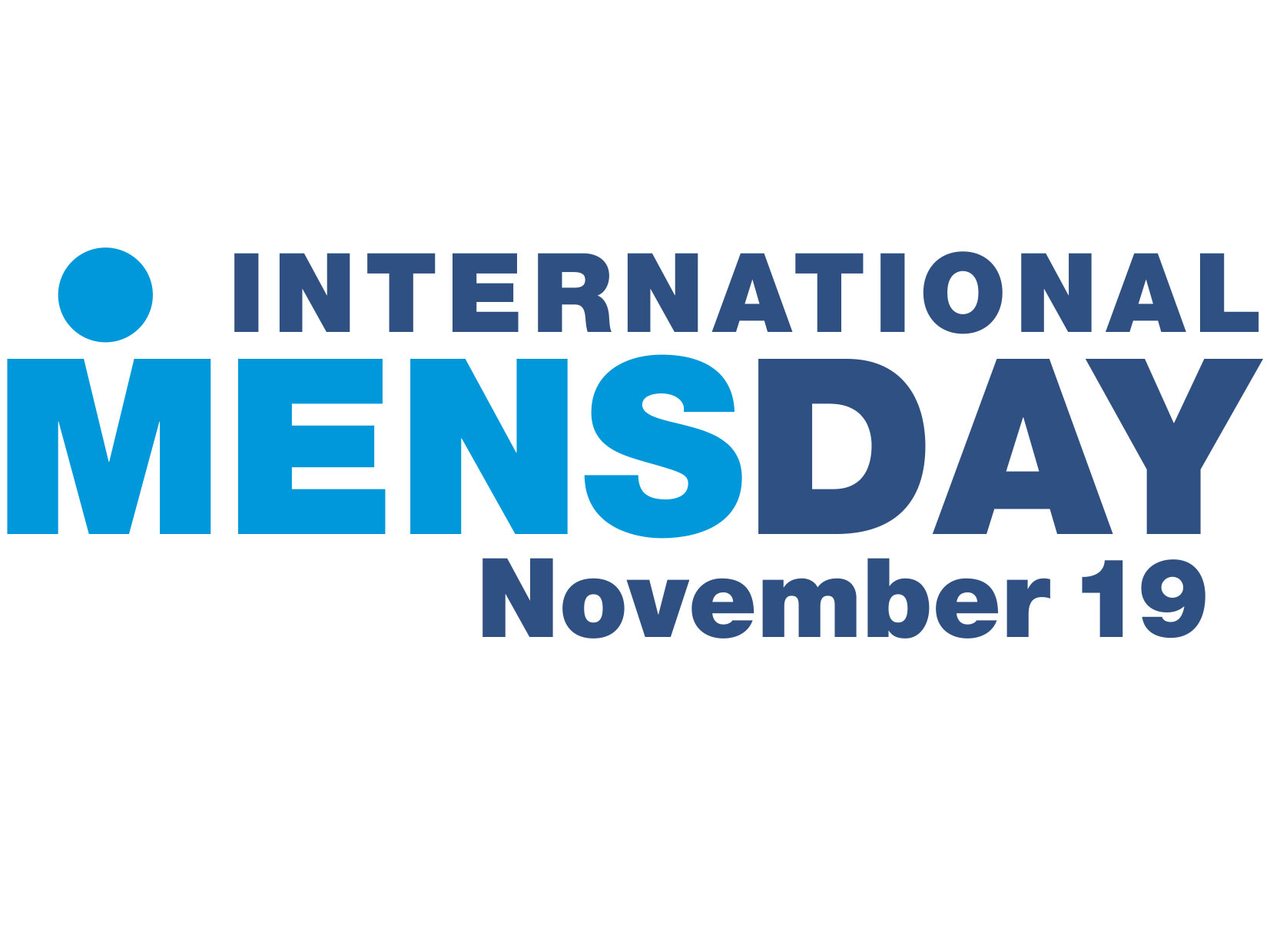November 19th is International Men’s Day. It may seem off to have a day dedicated solely to men, as our society begins to celebrate diversity and minorities more, through initiatives such as Black History Month, LGBTQ+ Pride Month and International Women’s Day.
However, despite their traditional power and control in our society, modern-day men face a much darker and more terrifying reality, in which expressing emotions and asking for support is taken as a sign of weakness. Toxic masculinity dictates expectations and behaviours to such an extent that men are three times more likely to commit suicide instead of seeking help. In this dire situation, compassion and empathy towards men are needed more than ever.
Furthermore, this does not even cover the reality for men who are also members of minority groups. According to the Prison Reform Trust, Black men are 26% more likely than white men to be remanded in custody… [and] are also nearly 60% more likely to plead not guilty.
Stonewall details how “One in five LGBT people have experienced a hate crime or incident because of their sexual orientation and/or gender identity in the last 12 months”, rising to ‘two in five’ for trans members of the community.
This International Men’s Day must be intersectional. It is imperative that while we celebrate and lift up men, we also remember, support and celebrate those who face systematic racism and police brutality, or those who are persecuted for their sexuality. It is not enough to support white, middle-class men, we must support all men, especially those who are so often overlooked and oppressed.
The presence of so-called ‘toxic masculinity’ in our society is perhaps one of the most understated and dangerous issues we face (and by ‘we’, I mean everyone). The notion of ‘manning up’ and ‘lad culture’, combined with the expectation that disagreements should be dealt with through violence has created an environment where many seemingly mundane things are unimaginable: being gentle, listening to others, facing mental health issues, being a good dad, not making the first move, or wearing pink, hating football, needing a day off, earning less, being a virgin.
These expectations are not talked about enough, and this can have serious consequences. International Men’s Day aims to encourage a conversation, so maybe this year check up on your friends, or take a day off for yourself, even compliment or say something supportive to your mates. Little things help.
Furthermore, International Men’s Day coincides with Movember, the movement which seeks to not only promote amazing facial hair, but also conversations about men’s health, particularly, mental illness and prostate and testicular cancer. Yet it is also of vital importance that, once November is over and the media moves on, we continue to promote men’s mental and physical wellbeing.
Fundamentally, we need a systematic overhaul from the government to ensure that mental health support is genuinely available to those who need it, and not just a fantasy. However, until this can be relied upon, awareness and compassion are absolutely crucial.
There are many services available within the university if you feel that you or someone you know may be struggling with their wellbeing. Not only does the Union offer Student Counselling and Wellbeing (SCW@LUU) which provides same-day appointments for students to help to work through issues or refer to other services if necessary, but as students, we also have free access to Big White Wall which offers 24-hour anonymous online support.
Additionally, there are many charities and organisations that can offer support or emergency help, such as the Samaritans, CALM, Mind and Young Minds. Furthermore, if supporting and cherishing yourself or the men in your life is something you feel especially passionate about, Leeds University Union’s very own Mantality group is entirely focused on male mental health, helping men to find support and giving them a place to talk, as well as reducing stigma and offering events such as yoga and meditation, guest speakers and retreats.
If you or someone you know are facing a crisis, please reach out. The Samaritans helpline is available for free, 24hours, 365 days a year on 116 123 or if you are in an emergency, please call 999.
Image Credit: The Independent

